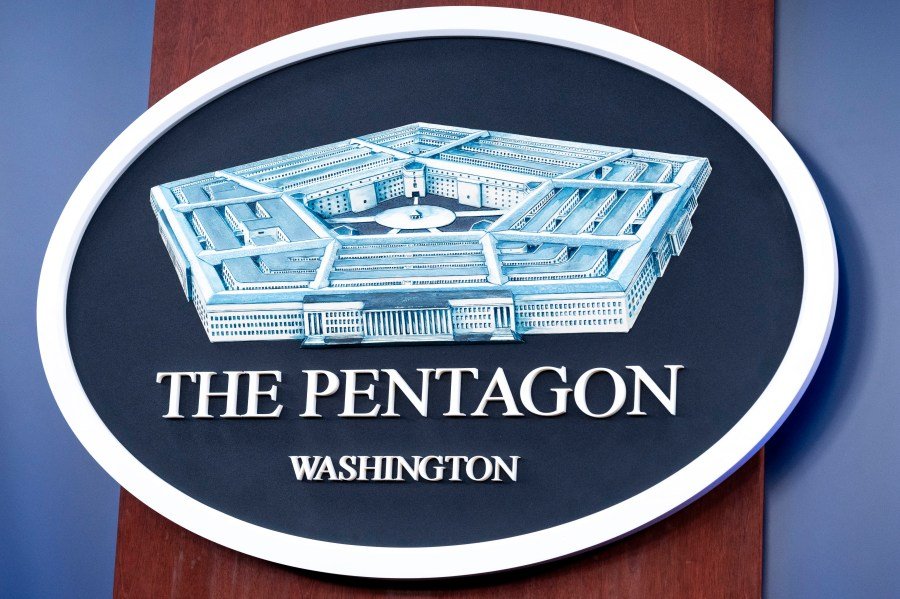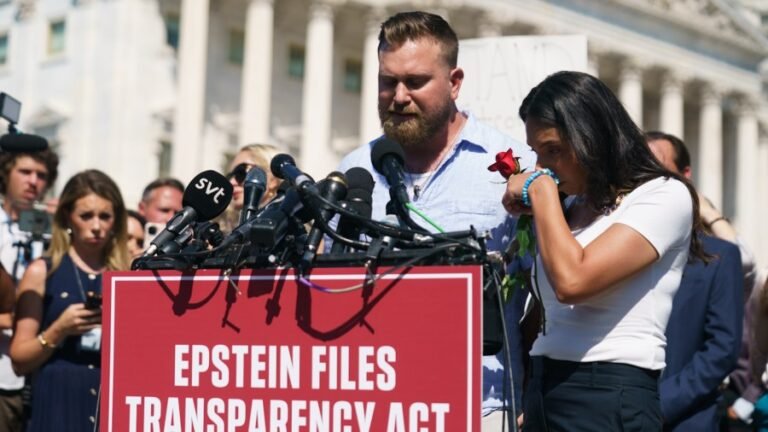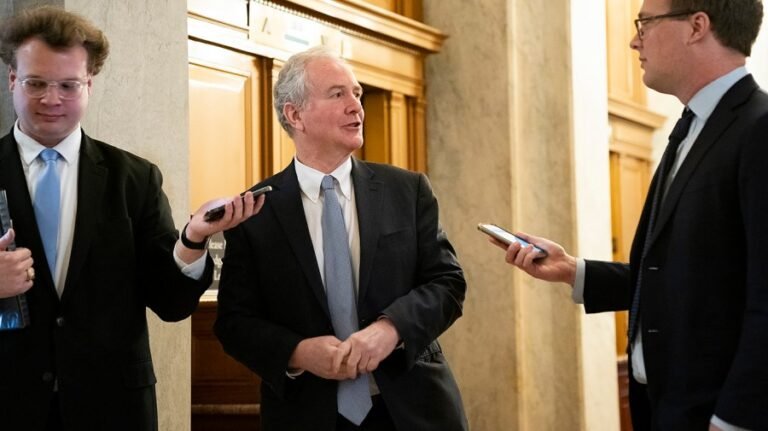
As of this week, 36 of the 65 War Department positions requiring Senate confirmation have yet to be filled.
Some of President Trump’s nominees for these jobs have been referred to committee in the Senate; some have had their hearings but have not been voted out of committee; some have been voted out but have yet to get a floor vote.
Other positions have not been filled at all. In a few instances, nominees have been withdrawn. That is the case regarding Jeffrey Bornstein, whose nomination for Under Secretary of Defense (Comptroller) and Chief Financial Officer the White House withdrew ten days ago.
Why Bornstein’s name was withdrawn remains a mystery, reportedly even to the man himself. He was certainly well qualified. He is a managing director of a private equity investment firm and previously had been chief financial officer of General Electric. He not only has a long standing relationship with Deputy Secretary Steve Feinberg — a relationship that is critical to the success of any comptroller — but also is reported to have had a good meeting with President Trump, who then nominated him.
But more than ten months since Trump took the oath of office, the War Department still does not have a comptroller, nor for that matter, a deputy under secretary either. It does not even have an acting comptroller, someone in the comptroller’s chain of command, to carry out that responsibility until the White House nominates and the Senate confirms one.
Instead, the office is being filled by Jules Hurst, who is “performing the duties of” the comptroller. Hurst certainly has a strong defense background, having served in the Army, as a defense contractor, and as legislative director and defense advisor to Speaker Mike Johnson (R-La.). But he is not only filling the empty comptroller slot. He is also “performing the duties of” assistant secretary of war for manpower and reserve affairs, in which role he serves as the principal advisor to Secretary Pete Hegseth and to Anthony Tata, Under Secretary for Personnel and Readiness, on all issues relating to military and civilian personnel policies. In addition, Hurst leads the department’s task force on eliminating DEI initiatives.
Jay Hurst has quite a lot on his plate, yet with the government shutdown, and no immediate end in sight, the Comptroller job is far more challenging than in normal circumstances. The president has indicated that he wants the troops paid even as the government is closed. To that end, the Pentagon redirected $6.5 billion in unexpended research and development funds to the manpower and personnel accounts in order to pay the troops. There remain some $3.5 billion for research and development that could be transferred, but the fiscal 2025 National Defense Authorization Act limits transfers to $8 billion, meaning that only $1.5 billion can be transferred unless Congress issues a waiver.
The remaining, limited ceiling on transfers between defense appropriations accounts indicates that if the shutdown lasts for much longer, it will be a major challenge to keep paying the troops. Indeed, Speaker Johnson has indicated as much, stating that the funding transfers are only a “temporary fix” and that troops might not get paid if the shutdown extends past October 31. Private donations, such as $130 million “anonymous” gift that the media are attributing to a member of the Mellon family, will not make much of a dent in the shortfall. It is unlikely that private donors can provide the billions needed until the government reopens.
With no end in sight to the shutdown, which could soon break the record of 35 days set during the first Trump administration, there is an urgent need for creativity in the comptroller’s office to ensure that the armed forces continue to be paid. That would involve continuing coordination with the Senate and House armed services committees and especially their staffs. Whether Jay Hurst can do all that while also performing his personnel-related tasks is an open question. It will certainly place him under tremendous strain.
Perhaps the White House and Secretary Hegseth should reconsider placing so great a burden on one individual. Instead, they could find someone else to perform the duties of Comptroller.
Alternately, if they consider Hurst best qualified for the job, especially given his relationship with the Speaker, they could relieve him of his other manpower-related duties, at least until the shutdown ends and the president forwards to the Senate the names of new nominees for both comptroller and deputy comptroller.
Dov S. Zakheim is a senior adviser at the Center for Strategic and International Studies and vice chairman of the board for the Foreign Policy Research Institute. He was undersecretary of Defense (comptroller) and chief financial officer for the Department of Defense from 2001 to 2004 and a deputy undersecretary of Defense from 1985 to 1987.


